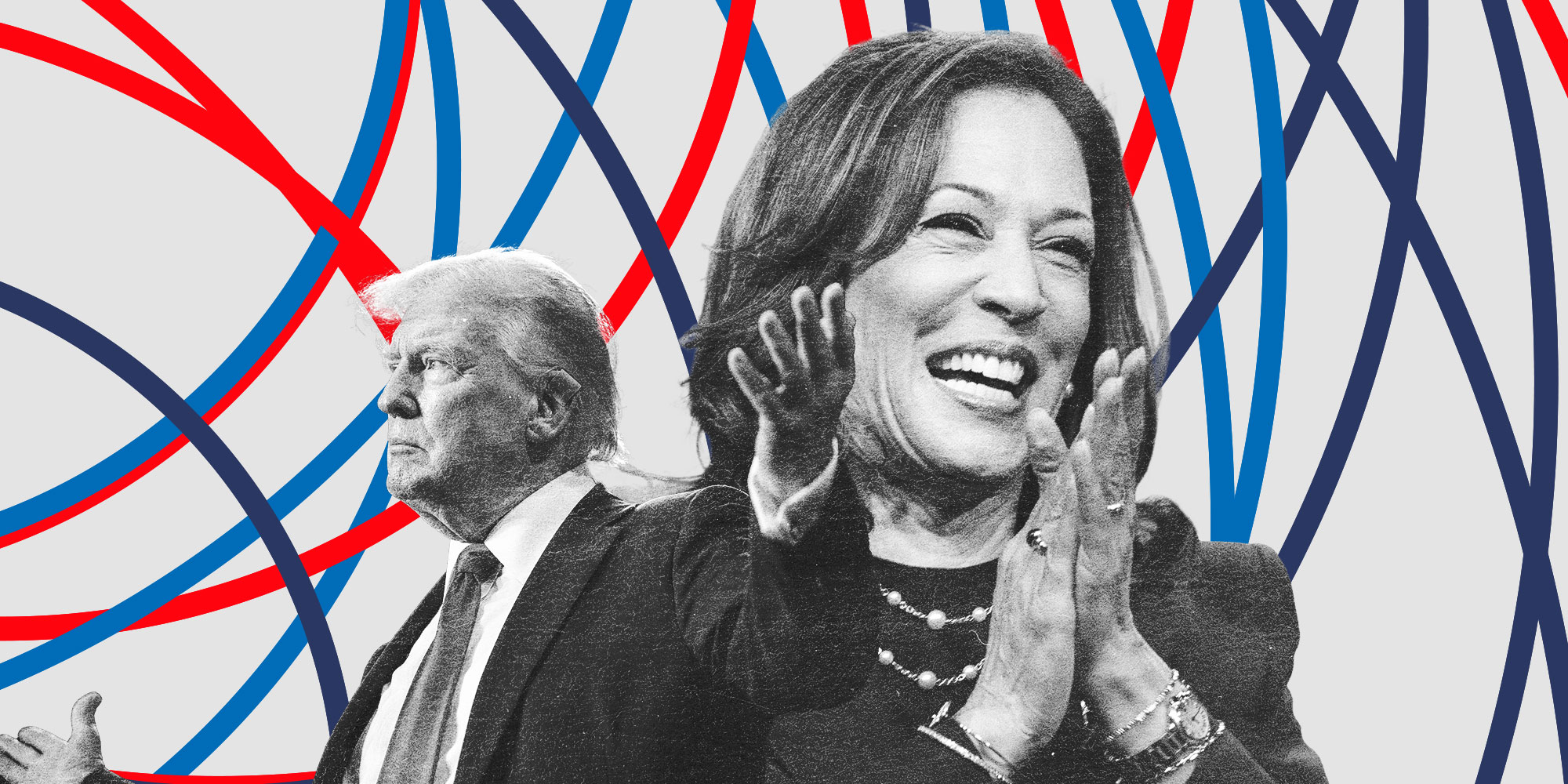Consider for a moment the hit comedy television series Veep. In the series, which ran from 2012 to 2019, Julia Louis-Dreyfus played Selina Meyer, a fictional vice-president of the US.
Louis-Dreyfus was magnificent in the sitcom as a foul-mouthed, haphazard and occasionally unintentionally brilliant leader. It’s funny in part because there is almost constant invective and chaos in her world, which is such a contrast to the auspiciousness with which the office is often portrayed. Presumably, this is closer to how things really happen.
One of my favourite jokes is when Meyer berates one of her employees (which she does all the time), saying, “That is like trying to use a fucking croissant as a dildo. And let me be more clear: it doesn’t do the job and it leaves a fucking mess.”
Another part of the recurring humour is what a Vox magazine review called Meyer’s “word salading”, where she tries to come across as meaningful but sounds off-key and slightly spacey instead. See above. Already there are internet memes comparing the bizarre similarity of Kamala Harris and her delivery styles.
But what’s more remarkable is the main trajectory of the plotline in which Meyer is more or less ignored by her president and running mate only to suddenly be thrust into the position of potential president after the actual president drops out. There are more intersections between the show and reality: Meyer gets embroiled in East European politics just as former president Trump did; there is a whole section of allegations of electoral fraud. It goes on and on.
The Vox review says, “What Veep got right was the absurd tone of our fractured reality. Not just the increasingly nasty mud-slinging between politicians, but the head-swivelling plot twists that keep coming our way.” Of course, the comparisons are not exact; Meyer is a deeply unsympathetic character.
But then again, Veep showrunner David Mandel did explain that the show had to end with Trump’s election because reality was becoming more preposterous than the farce. “Trump, in a weird way, is sort of doing us, we are not doing him,” Mandel wrote in a column for The Hollywood Reporter in 2017.
The Veep comparison is not the only intersection between a television series narrative and reality just this week. The TV series Succession was about the brutal internecine struggles between a media mogul and his children for control of a right-wing media empire. The series was very obviously a spoof of Rupert Murdoch’s News Corp and the familial behind-the-scenes battles.
This week it emerged that a legal battle had sprung up between Murdoch and his family. The problem is that his four children will have equal control over the family trust and he is worried that when he dies (he is 93), the less conservative members of his family could outvote his chosen successor, Lachlan, and destroy his legacy as the doyen of the right-wing media.
James, Murdoch’s younger son, apparently has unfashionable views (in Murdoch Snr’s eyes) about global warming. James and his wife, Kathryn Murdoch, “are ardent environmentalists who have designed their philanthropy and investing around fighting climate change and reshaping the democratic process to stop incentivising hyper-partisanship”, The Wall Street Journal reports. And who would want that?
There has, of course, always been an intersection between fiction and reality. But the utility of fiction is that often it’s a kind of hyper-reality intended to be meaningful and pedagogic by extending and enhancing reality to vividly illustrate consequences or situations.
But has there been a time when fiction is the tamer version of reality? DM
Business Maverick
After the Bell: Kamala Harris and the fictionalisation of reality





